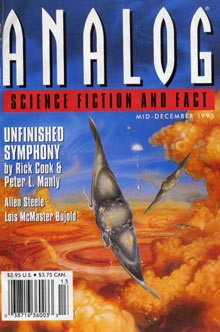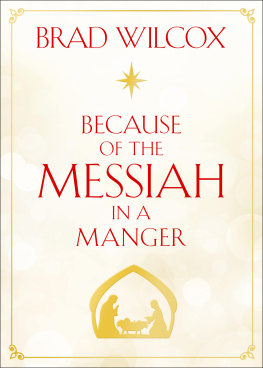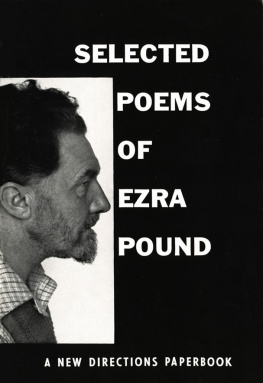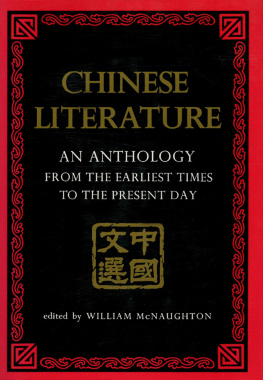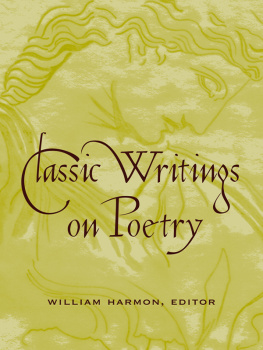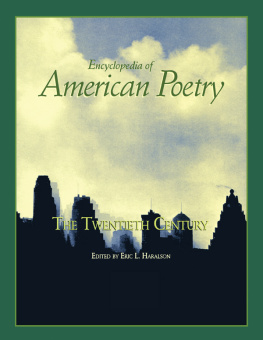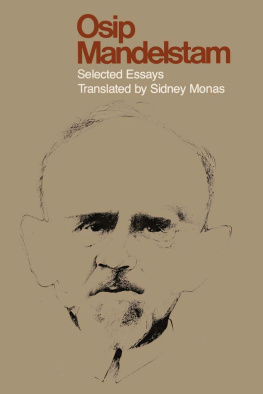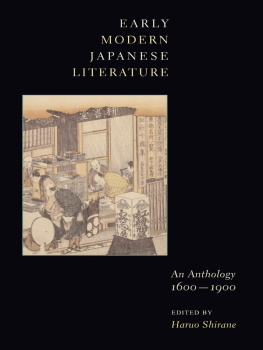The World According to Itzik: Selected Poetry and Prose
Itzik Manger
Translated and Edited by Leonard Wolf
With an Introductionby David G. Roskies and Leonard Wolf
Yale University Press
New Haven & London
This book is dedicated to the memory of Uriel Weinreich, scholar, Yiddishist, and friend, who introduced me to the work of Itzik Manger
L. W.
Contents
Let Us Sing Simply
Let us sing simply, directly, and plain
Of all thats familiar and dear.
Of agd beggars who curse at the frost
And of mothers blessing the fire.
Of indigent brides with their candles who stand
At sightless mirrors, forlorn,
Each of them seeking the intimate face
They loved and that laughed them to scorn.
Of those who cast lots and who steal the last coin
Of their victims with speech thats obscure;
And of wives who, deserted, curse at the world,
Slinking away through back doors.
Of housemaids whose fingers are worked to the bone
And who hide from their mistresss sight
The morsels they save for the soldiers who come
On their visits to them every night.
Let us sing simply, directly, and plain
Of all thats familiar and dear.
Of indigent mothers who curse at the frost
And of beggars blessing the fire.
Of young women in summer forced to abandon
Their bastards on doorsteps, and quail
At the sight of a man in a uniform
Who is able to send them to jail.
Of hurdy-gurdies that grind and grind
In poor courtyards on Fridays all day,
And of thieves surprised at their work who must
Flee over the rooftops away.
Of ragpickers picking their way through debris,
Who dream of the treasure theyll find,
Of poets who foolishly trusted the stars
Then promptly went out of their minds.
Let us sing simply, directly, and plain
Of all thats familiar and dear.
Of agd folk who curse at the frost
And of children blessing the fire.
Introduction
David G. Roskies and Leonard Wolf
In modern Yiddish literature, what often seems naive proves to be extremely sophisticated. Poets of folklike verse are revealed to be consummate craftsmen and the comic writers are invariably the most deadly serious. Proofs of this paradox are the fables-in-verse of Eliezer Steinbarg (18801932) and the whole comic oeuvre of Sholem Aleichem (18591916). Among a somewhat younger generation of writers, however, only one created a corpus of ballads and Bible poems so seamless that they might have been written by the anonymous folk; a body of autobiographical fiction so innocent and playful as to make the Jewish child into a harbinger of hope; and satires that carried such a punch, they could stave off the fear of destruction. His name was Itzik Manger (n Isidore Helfer). The present selection of poetry, prose, and literary essays is the first attempt in English to give Manger his due as a modernist folk bard, divinely inspired prankster, and consummate poet of exile and homecoming.
Czernowitz, the multiethnic city of his birth in 1901, was also the birthplace of Paul Celan, Dan Pagis, and Aharon Appelfeld. Like other aspiring young Jews of his time, Manger looked to German literature as the pinnacle of European civilization. At the Kaiser-Kniglicher Dritter Staats-Gymnasium, Mangers fellow pupils crowned him Poet for having given Goethes ballad The Loyal Eckardt a theatrical form. Then Manger was expelled for bad behavior. Other pranks soon followed, one of his favorites being the invention of a mock biography. Here is what, decades later, he submitted to the noted lexicographer Zalmen Reisen, who dutifully published it in the augmented edition of his Lexicon of Yiddish Literature, Press, and Philology (1927).
MANGER, ITZIK (1900) Born in Berlin as the son of a tailor, an immigrant from Romania. Came to Jassy at age fourteen where he learned Yiddish and until very recently, worked at his [tailors] trade.
The son of a German-speaking tailor in Berlin via Romania? Who else could boast of such a mixed-up pedigree? And to have mastered Yiddish in so short a time! Manger even made himself a year older so as to usher in the twentieth century. In a more lyrical moment, at the age of twenty-eight, Manger described himself to an interviewer as born in a train between two stations. It may be thats how I acquired the wander- demon in me. When I was myself a child, my youngest little brother died in my arms. My first encounter with the mystery of death. That was the first time that I looked directly into the dark, dead eyes of the ballad. A year later that moment was transformed into my ballads. That would have made Manger a child-balladeer, unless we accept the commonly held notion that he never really grew up. To add the finishing touch, soon after granting this interview, he changed his name from the formal-sounding Yitskhok (Isaac) to the folksy, childlike Itzik.
Still later, Manger described himself as salt of the Yiddish earth, the earth that lay at the foothills of the Carpathian Mountains, where the saintly Baal Shem Tov, founder of Hasidism, was reputed to have roamed. There every horse-and-buggy ride with ones grandfather carried mythic overtones. Every vivacious aunt doubled as a surrogate mother. At home, the master, the masters wife, the journeyman tailors, and one or two apprentices were as one family. The workplace, he would recall, was filled with song and laughter. Everyone sang. The best of the singers was a journeyman named Leybele Becker, who taught young Itsikl to recite Friedrich von Schillers Die Glocke, Goethes Erlknig, and Heinrich Heines Zwei Grenadieren, and would lend out his secular books. The tailors sang haunting Yiddish love songs to still their grieving hearts. And on the festival of Purim, the chief rhymester and improviser was the master tailor, Hillel Manger, himself (Childhood Years in Kolomey). Is it any wonder that his eldest child would grow up to become the last Yiddish troubadour? That Itzik would one day take Warsaw by storm, becoming the boy wonder of the Yiddish Writers Club?
This much seems to be true. A love of literature permeated the Manger home. His younger brother, Notte (19031942), was also a tailor, but one of those rare people who, though self-taught, had a sophisticated understanding of classical and contemporary European as well as Yiddish poetry. Nottes influence on Mangers life and writing cannot be overestimated. Manger admired his brothers knowledge and taste in literature and made a persona of him in a series of lyric poems, The Journeyman Notte Manger Sings. In The Book of Paradise, Mangers fictional autobiography, the artist Mendl Reyf captured the likenesses of the two infatuated angels Siomke and Berl, who worked for the patch-tailor Shlomo-Zalman. They are the spitting image of the two earthly brothers Itzik and Notte Manger. Mangers mother, the daughter of a mattress maker, was a pious woman who imbued him with a love of the folksongs she sang. And Mangers father, whose bohemianism and bouts of depression kept the family on the move, coined the Yiddish expression literatoyre, a felicitous and extremely naughty pairing of literature and Torah. In this home, apparently, religion and art, piety and profanity were easily reconciled. No Kulturkampf, no adolescent rebellion, no Sturm und Drang. Itzik Manger appears to be the only young Jew to have become a writer, poet, painter, or composer without ever leaving home.
Romania was the birthplace of the Yiddish theater, founded there by Abraham Goldfaden in 1877. My childhood years, writes Manger, were filled with theater. I frequented Avrom Axelrods Yiddish-German Theater. For the privilege of being allowed to stand behind the curtain during the performance I lugged chairs and set them out and ran errands for the actors.


